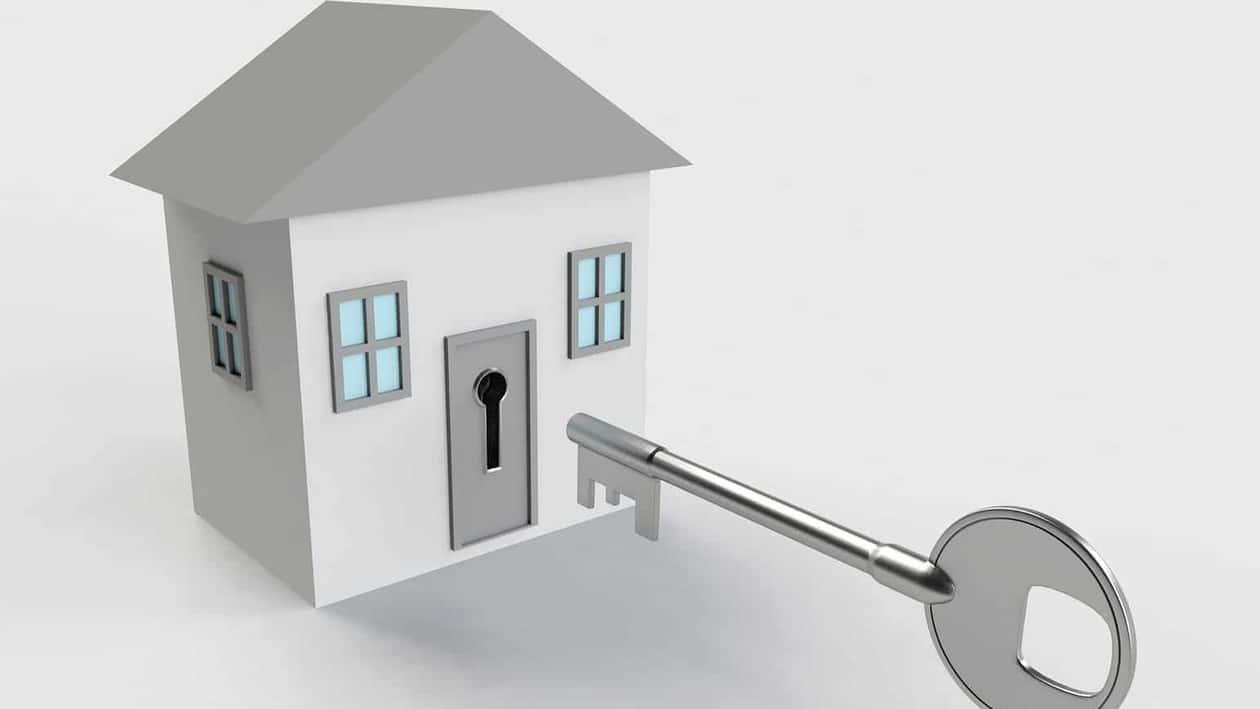A major accomplishment and important life milestone is having your own home. The cost of the property or your limited income may occasionally stand in the way of achieving your goal. In certain situations, home loans may be able to help you. Having a co-borrower is a wise decision in the current situation, as families with two incomes are becoming increasingly common.
Even if taking out a combined house loan, whether with your spouse or additional family members, has advantages, it also has drawbacks. Let us decode them in detail.
Advantages of a joint home loan
Greater loan amount
When you add an income-earning member to a loan, the lender takes into account the combined income of all the applicants and determines a greater qualifying amount than if only one person applied for a mortgage. The ability to increase an applicant's budget makes it feasible for applicants or families to take out a larger mortgage or buy a more ambitious property.
Interest rates
Individuals can include their spouse or mother as co-applicants for a combined home loan and as a joint property owner in order to receive reduced interest rates. This is helpful because the majority of Indian lenders charge female customers a reduced interest rate. It is between 10 and 25 basis points less than what male borrowers pay in interest.
Easy transfers
It is simple and hassle-free to transfer ownership of the property to the other owner in the event of the untimely death of one of the co-owners. Typically, in order to transfer property to the legal heir, one would need documentation such as the death certificate of the property owner and the legal heir, which is not the case here.
Disadvantages of a joint home loan
Credit score
If one of the partners in a joint home loan refuses to pay the EMI, the credit scores of all the applicants are equally impacted. According to experts, this typically occurs when loans are taken out with a lot of co-applicants. Due to the fact that partners are equally affected by EMI delinquency, it also reduces their future loan eligibility.
Financial distress
If one of the co-borrowers experiences a financial emergency or loses their job, the other partner is automatically responsible for repayment. This may result in severe financial distress and EMI defaults.
Difficulty in selling
Selling the property can be challenging if there is a future dispute between the co-owners. If the property's co-owners cannot agree to sell it, one sibling's investment is stalled, and the future purpose with which he had chosen to acquire the property suffers.
For lenders, having a good credit history is crucial when evaluating applications, and a co-applicant with a poor credit history or a history of defaulting on previous loans has a significant impact on whether they qualify for a new loan. You should avoid taking up a combined mortgage in order to minimize your liabilities if your income is sufficient to pay expenditures and there are no extra tax benefits available.
